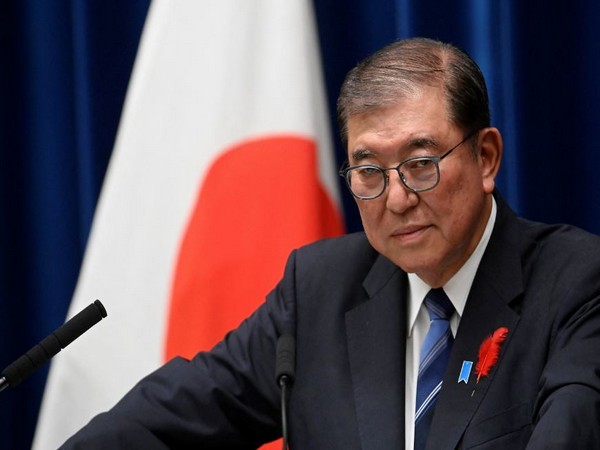Ishiba's Uphill Challenge: Steering Japan's Fragile Government
Japanese lawmakers voted for Prime Minister Shigeru Ishiba to continue leading despite his coalition losing its parliamentary majority. Ishiba must manage a minority government amid rising tensions with global powers and domestic issues like the cost of living. He seeks collaborations with opposition to pass his policies.

Japanese lawmakers have re-elected Prime Minister Shigeru Ishiba, allowing him to lead despite his coalition's loss of a parliamentary majority in last month's lower house election. The snap poll, initiated after Ishiba took office in October, has forced him to steer a minority government in a challenging political climate.
The Liberal Democratic Party and its coalition partner Komeito secured the largest bloc of seats but fell short of an overall majority, making Ishiba reliant on smaller opposition parties to advance his policy agenda. Highlighting political fragility, Monday's parliamentary vote required a rare runoff, with Ishiba eventually securing 221 votes.
Ishiba's immediate priority involves drafting a supplementary budget amidst pressures from both voters and opposition to enhance welfare spending and address rising living costs. His administration must also navigate upcoming international engagements and address potential protectionist moves from the United States under President Donald Trump.
(With inputs from agencies.)










